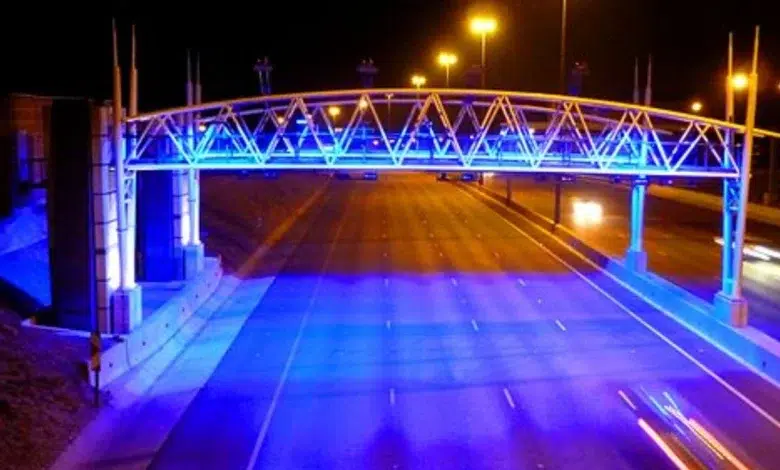E-Toll Billing Delays: Gauteng Premier Calls for Public Patience

The Gauteng provincial government has addressed ongoing e-toll billing delays affecting motorists across the province. Gauteng Premier Panyaza Lesufi has called for public patience as technical and administrative challenges continue to disrupt timely invoicing. These delays add complexity to the already controversial Gauteng e-toll billing system, which funds critical road infrastructure in the province.

ALSO READ: Johannesburg EMS Warns Residents to Use Heating Devices Safely
Background: Gauteng’s E-Toll System and Its Role
The government introduced the Gauteng e-toll system in December 2013 to finance the Gauteng Freeway Improvement Project (GFIP). The system uses electronic gantries to record vehicle movements and generate toll bills based on distance travelled. Revenues from e-tolls are vital for maintaining and expanding Gauteng’s highways, a key part of the province’s road infrastructure network.
Despite its importance, the e-toll system has faced resistance from motorists and operational hurdles since its inception. The recent e-toll delays in Gauteng have further complicated matters, prompting official government communication to clarify the situation.
Causes of E-Toll Billing Delays in Gauteng
The Gauteng Department of Roads and Transport has identified several reasons for the ongoing e-toll billing delays:
- System upgrades and maintenance: Recent technical improvements to the e-toll management system aim to enhance billing accuracy and data security but have temporarily disrupted billing cycles.
- Data verification: Extensive checks are necessary to ensure vehicle and billing data accuracy, which prolongs the billing process.
- Administrative backlogs: Increased transaction volumes and customer inquiries have strained administrative resources, slowing invoice generation.
- COVID-19 impact: The pandemic affected staffing and operational capacity, contributing to delays.
Government’s Response to E-Toll Delays
Premier Panyaza Lesufi has publicly urged motorists to remain patient amid these e-toll delays in Gauteng. He emphasised that the provincial government is actively engaging with the national Department of Transport and the South African National Roads Agency Limited (Sanral) to resolve outstanding issues.
Lesufi assured the public that:
- All outstanding e-toll bills will be issued as soon as possible.
- The government remains committed to transparency and will provide regular updates.
- Motorists should continue to use e-toll roads responsibly.
- The e-toll system remains essential for sustaining Gauteng’s road infrastructure.
The authorities set up dedicated customer service channels to help motorists with billing queries and payment concerns.
INTERESTING READ: President Ramaphosa Arrives in Canada for 2025 G7 Leaders Summit
Impact on Motorists and Road Users
The billing delays have caused frustration among some Gauteng motorists, especially those relying on timely invoices for budgeting. However, the government clarified that it will not charge any penalties or interest due to delayed billing.
Motorists are advised to:
- Monitor official Gauteng government communication for updates.
- Keep records of toll usage and payments.
- Contact customer support for assistance with billing issues.
Future Plans to Improve Gauteng’s E-Toll System
The Gauteng government plans to enhance the e-toll system’s efficiency and user experience by:
- Implementing advanced data analytics for improved billing accuracy.
- Upgrading IT infrastructure to manage higher transaction volumes.
- Expanding customer support services, including online portals and mobile apps.
- Introducing alternative payment methods to increase convenience.
These improvements aim to restore public confidence and ensure the long-term sustainability of the Gauteng e-toll billing system.
Resolution
While the current e-toll delays in Gauteng present challenges, the provincial government’s proactive approach signals a commitment to resolving the issues transparently. Premier Lesufi’s call for patience reflects the complexity of managing this large-scale infrastructure funding mechanism. As technical upgrades and administrative processes continue, officials encourage motorists to stay informed and engage with official channels for support.




